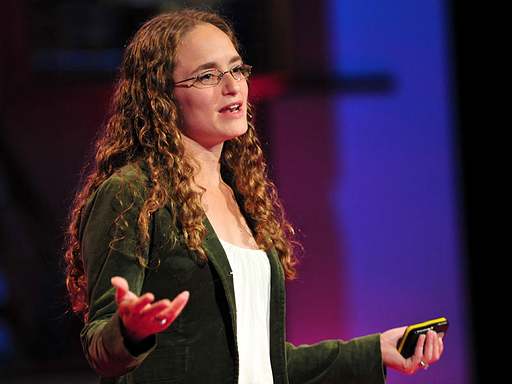TED Weekends investigates why we judge others
Above and slightly behind your right ear, exists a part of your brain many scientists believe is specifically dedicated to thinking about other people’s thoughts – to predicting them, reading them, and empathizing with them. It’s called the temporoparietal junction, and this is the area cognitive neuroscientist Rebecca Saxe focuses on in her research. At TEDGlobal […]
Continue reading
